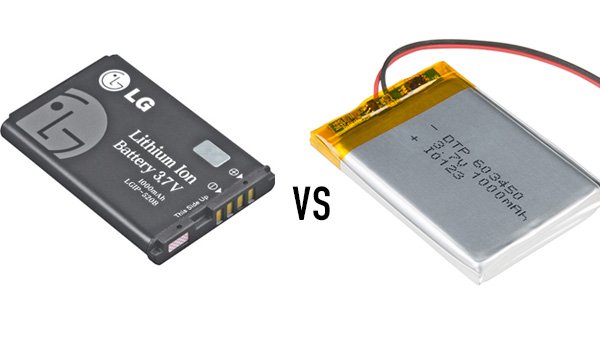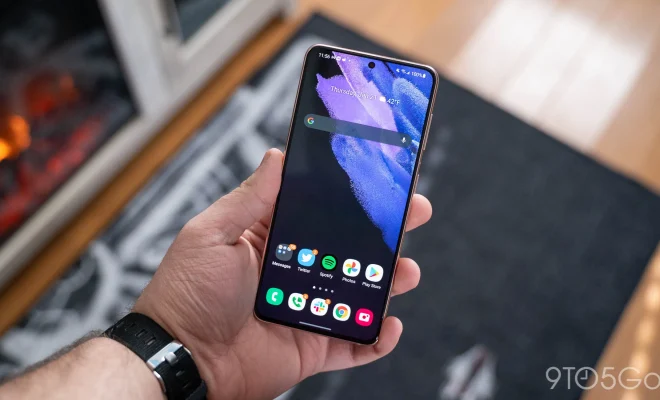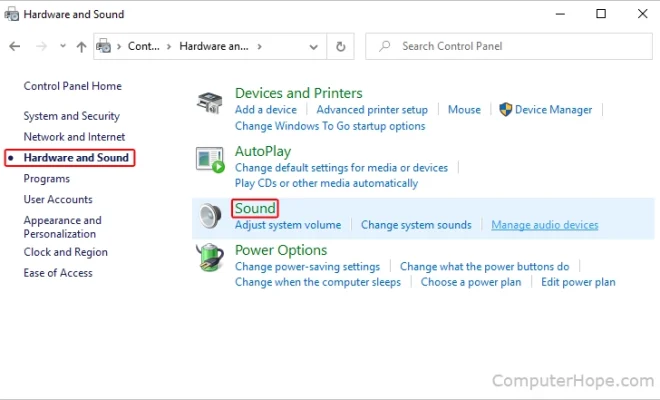Lithium-Ion Batteries vs. Lithium-Polymer: Which One’s Better?

The modern world is driven by technology, and one of the most prominent aspects of our lives is the use of electronic devices. The batteries that power these devices are at the forefront of the technological advancements that have been made in recent years. Two of the most popular battery types used in electronic devices are Lithium-ion (Li-ion) and Lithium-polymer (Li-polymer) batteries. Both of these batteries have significant advantages over traditional batteries, but which is better?
Li-ion batteries are the most common battery type found in our devices, including smartphones, laptops, and tablets. They are known for being efficient, long-lasting, and easy to manufacture. Li-ion batteries have a higher energy density, meaning that they can store more energy in a smaller space. This results in smaller, lighter batteries that can power devices for longer periods. Li-ion batteries are also more environmentally friendly than other batteries, as they contain fewer toxic materials.
On the other hand, Li-polymer batteries have some advantages over Li-ion batteries. Li-polymer batteries have a higher capacity, meaning that they can store more energy than Li-ion batteries. They also have a lower self-discharge rate, which means that they can hold their charge for longer periods. Li-polymer batteries are also more flexible, which makes them ideal for smaller devices that have specific shapes and sizes.
When it comes to safety, both Li-ion and Li-polymer batteries are relatively safe. However, Li-ion batteries have a reputation for being more dangerous because they have a higher risk of thermal runaway. This means that they can catch fire or explode if they are punctured, overcharged, or exposed to high temperatures. In contrast, Li-polymer batteries are less likely to catch fire or explode because they have a more stable electrolyte.






